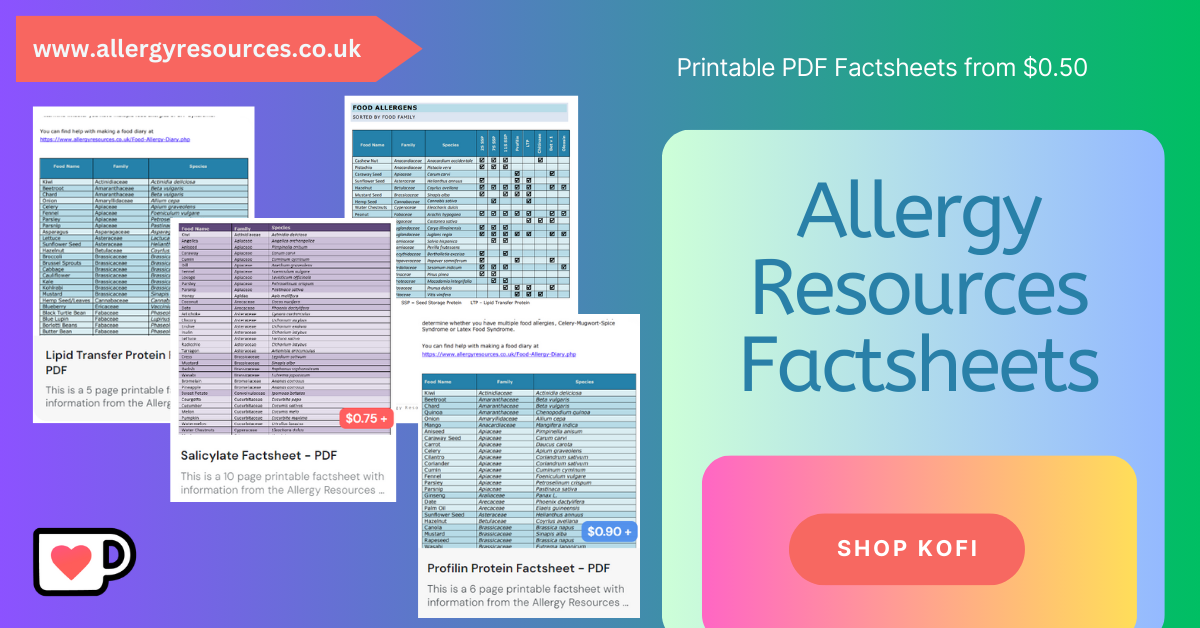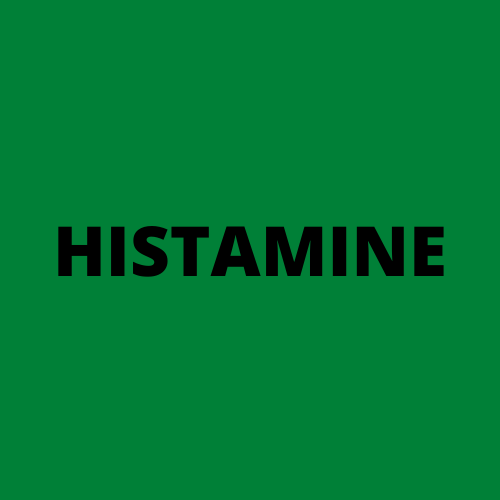
BRAZIL NUT ALLERGY
Key Allergens
Brazil Nuts are classified as tree nuts and are in the top 14 allergens which have to be declared on food packaging in Europe.
Brazil Nuts are in the Lecythidaceae family of plants, other plants in this family include the paradise nut which is found in Central and South America.
There are 2 allergens involved in allergy to brazil nuts. Ber e 1 is a 2S albumin seed storage protein and is considered to be the main allergen linked to allergic reactions. This is why most nuts are grouped together for the purpose of labelling as sufferers of this allergy are most often allergic to multiple types of tree nuts, peanuts and seeds.
Ber e 2 is an 11S globulin seed storage protein. These are often also referred to as legumins.
Brazil Nuts are in the Lecythidaceae family of plants, other plants in this family include the paradise nut which is found in Central and South America.
There are 2 allergens involved in allergy to brazil nuts. Ber e 1 is a 2S albumin seed storage protein and is considered to be the main allergen linked to allergic reactions. This is why most nuts are grouped together for the purpose of labelling as sufferers of this allergy are most often allergic to multiple types of tree nuts, peanuts and seeds.
Ber e 2 is an 11S globulin seed storage protein. These are often also referred to as legumins.
Food Intolerances



Brazil Nuts are low in histamine, so are suitable for people following a low histamine diet.
Brazil Nuts are a low FODMAP food. FODMAP stands for Fermentable oligosaccharides, disaccharides, monosaccharides and polyols. Foods high in FODMAPs can cause symptoms of food intolerance, affecting the gastro intestinal system and this can be mistaken for a true IgE food allergy.
Brazil nuts contain a moderate amount of salicylates. Salicylates have the potential to cause worsening of asthma, swelling, itching and hives as well as food intolerance symptoms in people who are sensitive to salicylates.
You can read more about Food Intolerances on the dedicated Food Intolerance Page.
Associated Syndromes
Brazil Nut allergy is not currently associated with any allergic syndromes.
Cross Reactivity
Other food containing 2S albumin seed storage proteins are cashews, peanuts, almonds, mustard seed, rapeseed, turnip, chickpeas, hazelnuts, pistachio, buckwheat, soya beans, sunflower seeds, walnuts, kiwi, castor beans and sesame seeds.
There is a lot of cross reactivity between 2S and 11S seed storage proteins, the only other food containing 11S proteins not mentioned above is pumpkin.
You can download a Tree Nut Allergy Factsheet from the Allergy Resources Ko-fi Shop for just $0.90 (£0.69 or €0.82). This has up to date information on which foods contain linked allergens and what foods to avoid if you think you have an allergy to tree nuts.
Please note that these food lists are not exhaustive, the most up to date information is on the Cross Reactivity Tool.
There is a lot of cross reactivity between 2S and 11S seed storage proteins, the only other food containing 11S proteins not mentioned above is pumpkin.
You can download a Tree Nut Allergy Factsheet from the Allergy Resources Ko-fi Shop for just $0.90 (£0.69 or €0.82). This has up to date information on which foods contain linked allergens and what foods to avoid if you think you have an allergy to tree nuts.
Please note that these food lists are not exhaustive, the most up to date information is on the Cross Reactivity Tool.
Resources
Websites
Allergen Encyclopedia - Brazil Nuts
What Are the Symptoms of a Nut Allergy?
Allergy UK - Quick Guide to Tree Nut Allergy
Anaphylaxis Campaign - Peanut and Tree nut allergies
Can You Be Allergic to Just One Type of Tree Nut?
Anaphylaxis Campaign - Brazil Nuts
Allergy information for: Brazil nut (Bertholletia excelsa)
ATP Science - Salicylate Foods
Articles and Journals
Prevalence of tree nut allergy in Europe: A systematic review and meta-analysis, 2024
Tree nut introduction in infants with peanut and/or egg allergy, 2023
Prevalence and early-life risk factors for tree nut sensitization and allergy in young adults, 2021
Current perspectives on tree nut allergy: a review, 2018
2S Albumin Storage Proteins: What Makes them Food Allergens? 2008
Let me know if you found any of these interesting or useful.
If you spot an article or research that you think is interesting you can message me or tag me on Facebook or Twitter - links at the bottom of the page.